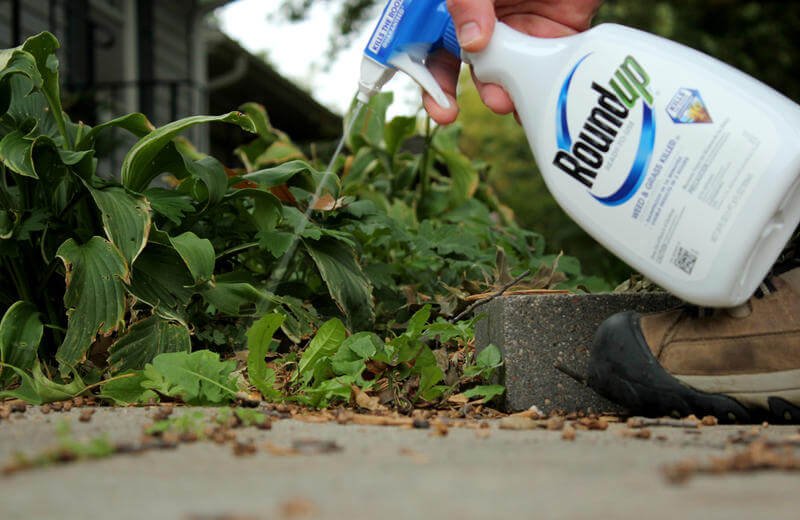Lawyers for Monsanto attempted on [July 20th] to undermine a Chicago oncologist’s opinion that its Roundup weed killer caused a Bay Area man’s terminal lymphoma, saying he omitted important details in his trial testimony proving the herbicide wasn’t the culprit.
Monsanto lawyer George Lombardi with Winston & Strawn flagged three instances in which Cardinal Health oncologist Chadi Nabhan failed to identify references in plaintiff DeWayne Johnson’s medical records to the first symptoms of his disease, apparently showing Johnson had been exposed to Roundup for a little over a year before developing symptoms instead of the two years his lawyers claim.
Key to the case is how long it takes cancer symptoms to manifest after exposure to a cancer-causing agent. Monsanto says it takes 20 years, eliminating Roundup as the cause of Johnson’s disease. But Nabhan said [July 20th] it can take less time.
…
Nabhan, who is not Johnson’s doctor but examined him and reviewed his medical records late last year, testified that Johnson’s high exposure to Roundup over a two-year period was a “substantial contributing factor” in the development of his disease, noting that Johnson sprayed it four times a week, every week during the summer months and for several hours each day.
But on cross-examination, Lombardi pointed to medical records Nabhan omitted from his earlier testimony indicating Johnson had a rash in September and December 2013, an early symptom of non-Hodgkin lymphoma.
The records also showed Johnson was diagnosed in early 2014 with T-cell lymphoma, though not specifically with mycosis fungoides, Lombardi said. That more-specific diagnosis came later that year.
Read full, original article: Monsanto Lawyers Question Cancer Expert in Roundup Trial































